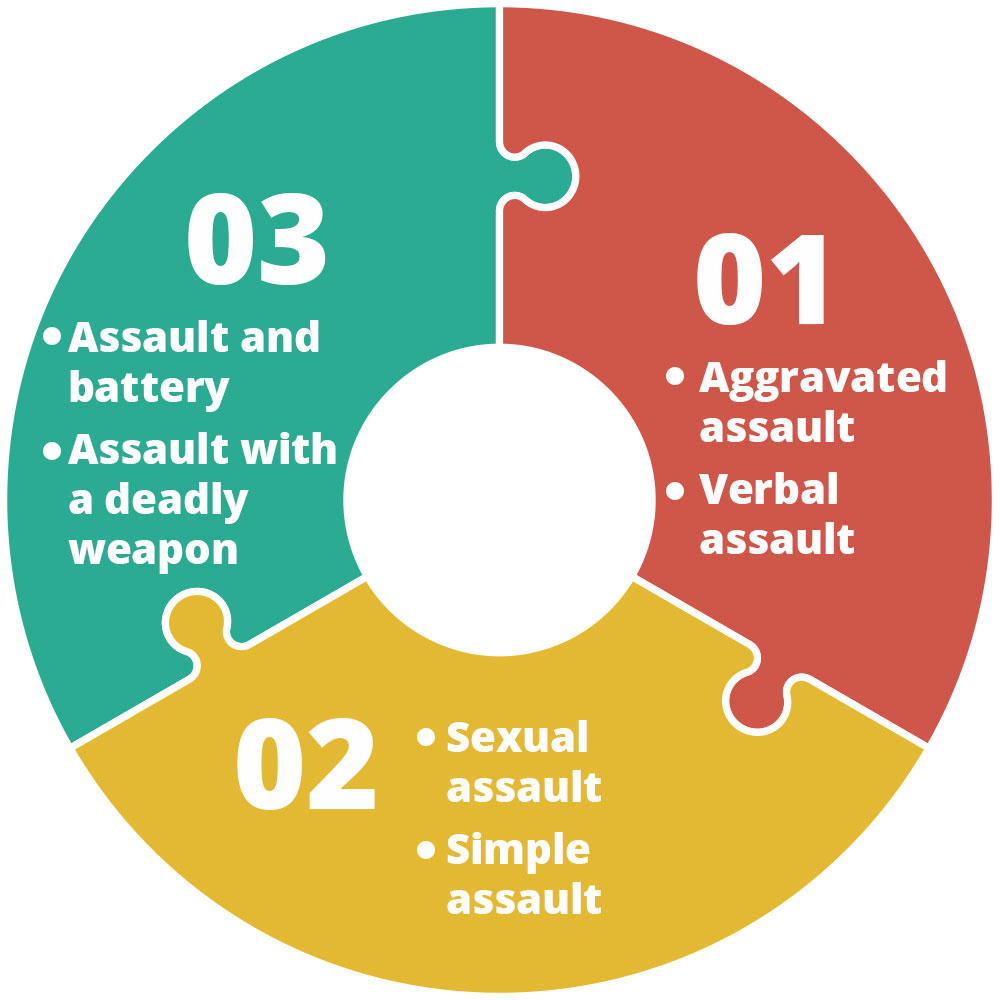Typical Myths Concerning Criminal Protection: Debunking Misconceptions
Typical Myths Concerning Criminal Protection: Debunking Misconceptions
Blog Article
Article By-Connell Dixon
You've probably heard the misconception that if you're charged with a criminal activity, you must be guilty, or that remaining silent ways you're concealing something. These prevalent beliefs not only misshape public assumption but can likewise influence the outcomes of lawful proceedings. It's critical to peel off back the layers of misunderstanding to comprehend the true nature of criminal defense and the legal rights it secures. What happens if top criminal law firms recognized that these misconceptions could be taking down the very foundations of justice? Join the conversation and discover how exposing these misconceptions is crucial for ensuring fairness in our lawful system.
Myth: All Accuseds Are Guilty
Frequently, individuals mistakenly think that if a person is charged with a criminal offense, they have to be guilty. You might think that the legal system is infallible, however that's much from the truth. Fees can come from misconceptions, mistaken identifications, or not enough proof. It's essential to keep in mind that in the eyes of the regulation, you're innocent up until tested guilty.
This anticipation of innocence is the bedrock of the criminal justice system. It guarantees that the burden of proof lies with the prosecution, not you. They must establish past a reasonable uncertainty that you committed the criminal offense. This high basic secures individuals from wrongful sentences, ensuring that no person is penalized based on presumptions or weak proof.
In addition, being billed doesn't imply completion of the road for you. You can safeguard on your own in court. This is where a knowledgeable defense attorney enters play. They can test the prosecution's situation, existing counter-evidence, and advocate in your place.
The complexity of lawful proceedings usually needs expert navigation to safeguard your civil liberties and accomplish a reasonable result.
Myth: Silence Equals Admission
Many believe that if you choose to stay silent when implicated of a criminal offense, you're basically admitting guilt. Nonetheless, this could not be further from the fact. Your right to continue to be quiet is protected under the Fifth Modification to prevent self-incrimination. It's a lawful safeguard, not a sign of shame.
When you're silent, you're actually exercising an essential right. This stops you from claiming something that could unintentionally damage your defense. Keep in mind, in the warmth of the moment, it's simple to obtain confused or talk wrongly. Police can translate your words in methods you didn't intend.
By staying silent, you provide your attorney the very best opportunity to protect you efficiently, without the complication of misinterpreted declarations.
Furthermore, it's the prosecution's job to prove you're guilty past an affordable question. Your silence can't be made use of as proof of guilt. Actually, jurors are instructed not to analyze silence as an admission of shame.
Misconception: Public Protectors Are Inefficient
The misunderstanding that public defenders are inadequate continues, yet it's vital to recognize their critical duty in the justice system. Several think that because public protectors are frequently strained with situations, they can't provide top quality protection. Nonetheless, this overlooks the deepness of their dedication and knowledge.
Public defenders are completely certified lawyers that've picked to specialize in criminal law. They're as qualified as private lawyers and typically extra skilled in test job due to the volume of cases they manage. You may think they're much less inspired since they do not choose their clients, however in reality, they're deeply dedicated to the ideals of justice and equal rights.
It is necessary to remember that all attorneys, whether public or exclusive, face challenges and restrictions. Public protectors usually work with fewer resources and under more stress. Yet, how to defend a criminal case show durability and creativity in their defense strategies.
Their duty isn't just a work; it's an objective to ensure that every person, regardless of revenue, obtains a reasonable trial.
Final thought
You could assume if someone's billed, they should be guilty, but that's not exactly how our system works. Picking to stay federal criminal court attorneys imply you're confessing anything; it's just clever protection. And don't undervalue public protectors; they're devoted experts devoted to justice. Bear in mind, every person is entitled to a fair test and competent depiction-- these are basic civil liberties. Let's shed these myths and see the legal system of what it truly is: an area where justice is sought, not just punishment gave.
